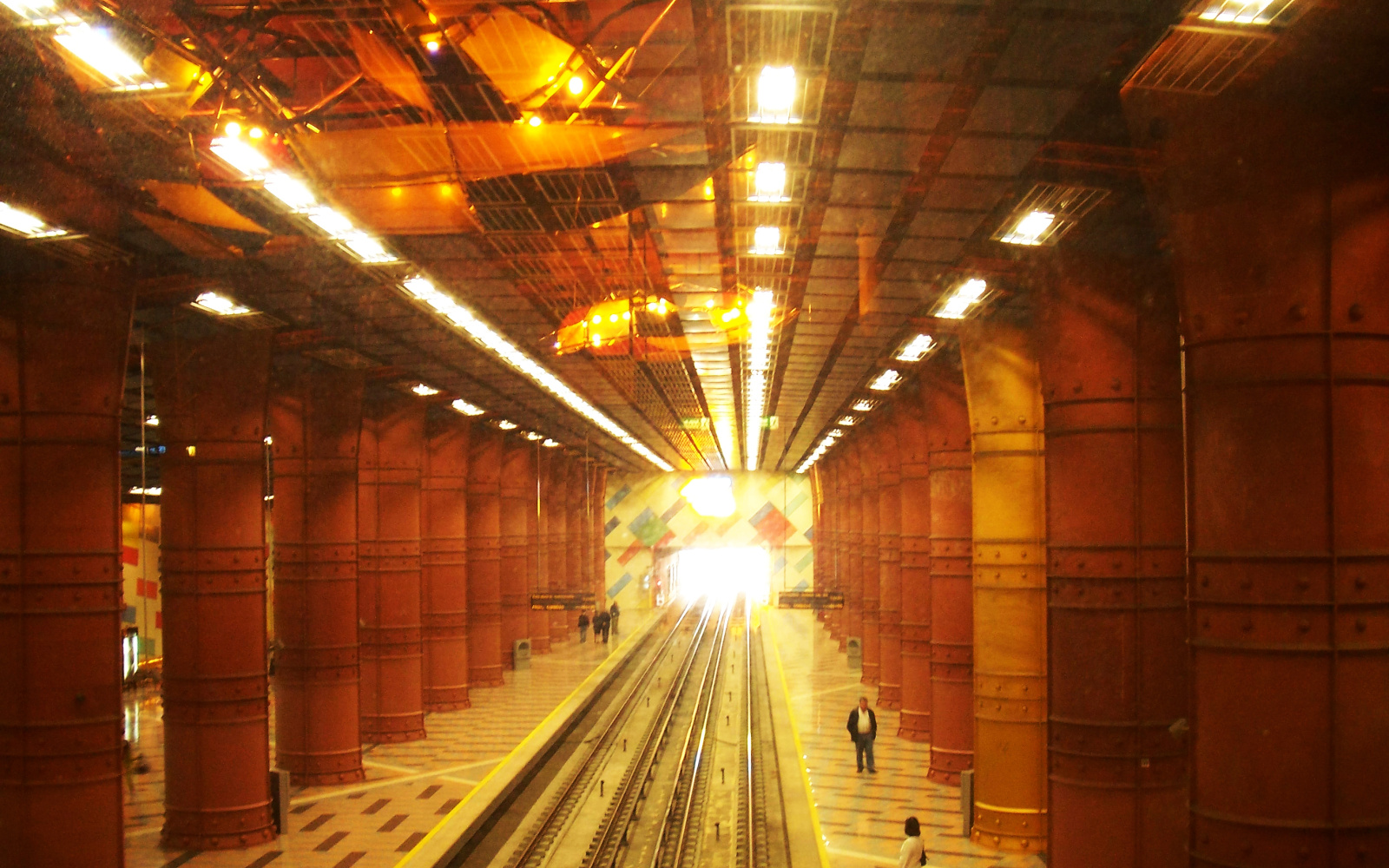Eugenia Mircea
The Politics and Poetics of Memory | Represantations of Communism in Contemporary Romanian Cinema
My paper focuses on memory and film, archive, national identity and collective memory (Maurice Halbwachs) through cinema and the relations between them: how the form that a representation takes is related to its historical and political value, how the political and the sociocultural imaginary work in the cinematic representations about the Romanian communist past. The questions from which my paper starts are: how does cinema shape the image and the memory of the communist past in today’s post-communist society and how this cinema uses its visual techniques to put into a new context the former regime. It is important to mention that my use of the concept of memory refers to practices, representations and other modes of shaping the images of the past.
The object of my analysis consists in two very different, if not opposing, category of films that investigate the discourse of memory and communist past from the present standpoint. The first category of films includes titles from contemporary Romanian New Wave cinema like »Tales from Golden Age« (Cristian Mungiu, 2009), »The Way I Spent the End of the World« (Catalin Mitulescu, 2006), »4 months, 3 weeks and 2 days« (432) (Cristian Mungiu, 2007). The second category includes »Videograms of a Revolution« (1992) made by Andrei Ujica and Harun Farocki. At this point I will show that Ujica and Farocki, in true Derridean philosophy, illustrates the fact that the meaning is always indeterminate because it is finally dependent on context, and the context can never be stabilized and fixed. Although taken as a corpus, these films have quite different standing points on the communist period, they all reflect on the past, they shape the memory of the historical period they engage with and most of all, they reveal Andreas Huyssen’s idea according to which memory is understood by means of the dialectical relation between past and present (Huyssen, 2003) because those images of the past respond to contemporary postcommunist modes of thought and feelings, case in which "the representation of history becomes the history of representation” (Linda Hutcheon, 1989).
Eugenia Mircea received her PhD title at Babes-Bolyai University, Faculty of History and Philosophy in 2014, with a thesis entitled »Sign and Sense in Cinematic Image: from Structuralist Semiology to Postmodernism.« During her PhD she taught seminars about theories of communication and postmodern cinema. Her actual research interests include the relation between medium technics and cultural history, the debate over cinema and ideology, the inflections of realism in contemporary cinema.
